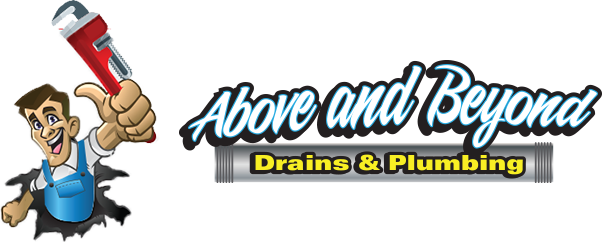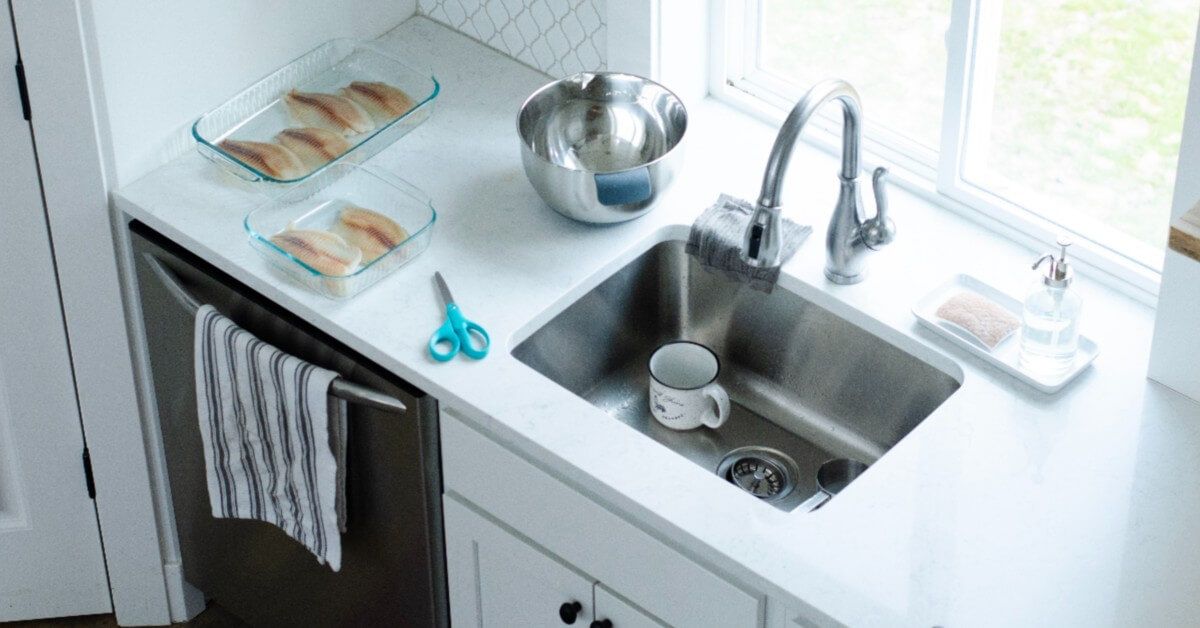Cotton Anything
Cotton swabs, cotton balls, and feminine hygiene products are all a guaranteed drain clog. If you can avoid getting any cotton products down any of your drains, including the oh-so-powerful toilet, you’ll be far safer for your efforts. Cotton works by absorbing water and maintaining its shape, that’s why you won't see cotton compress too much between your fingers when you give it a squeeze. While one cotton swab down the drain isn’t likely to upset the equilibrium of your plumbing too much, larger pieces of cotton-like those found in feminine hygiene products will certainly clog the drain in a big way. This isn’t a dire situation, but it could cause some considerable damage to your pipes which might spring a leak. And as you likely already know, you don’t want your sewage pipes springing a leak inside the house as that would be nothing short of disastrous.
Sand-Like Grains of Any Kind
Believe us, we don’t think there will be much of a reason for you to take a bag of sand, flip on the faucet and dump it down the drain of your sink. But other, sand-like materials are likely to go down the drain and will cause as much damage as dumping a whole bag of sand down would. The main substance to worry about is coffee grounds. Flour, confectioners sugar and brown sugar are hardly the problem, as those are small enough and often dissolve in water that when they go down the drain, they’re unlikely to gather and cause blockages. However, coffee grounds are a substance that most people don’t think twice about washing down their kitchen sink. Perhaps you just dump the filter or the Keurig pod out in the sink before you dump the remnants in the trash, or you end up washing old Folgers down the drain so you can more easily recycle the container, whatever way coffee grounds are getting into your pipes, it’s bad.
Coffee grounds and other similarly textured substances react like cement when they enter your pipes. It gathers and attaches to the sides of your pipes easily and once that initial attachment is made on your pipe’s wall, it’s not far to get a full-blown blockage. This goes for the very similar “flushable” kitty litter as well. We know it’s marketed as being safe for your pipes, but it’s often not. Flushable cat litter is known to clog drains and it’s even worse for sea life. The bacteria in your cat’s feces is a strain of bacteria that is very resistant to the chemicals used to treat water before it returns to the source and those bacteria can spread to other animals like otters and fish.
Fatty Substances
We’re not necessarily talking about the fatty bits that you cut off the chicken breast and accidentally slip down the drain. We’re actually talking about grease, fats and other oils which are attributed to causing nearly 47% of all the overflows from the sewer that happen in the U.S each year. The three of these end up being a perfect storm for any plumbing issue that you can think of. They’re the substance that ends up helping gritty coffee grounds stick to the walls of the pipes. Because they often create membranes that are hard to break through, they permit and encourage build-up to get going in your pipes. They can stop substances that seem innocent, like eggshells to create a slowly building blockage until the drain is completely clogged. Watch out for bacon grease, as it’s the worst of all of them and then watch out for things like thicker oils like olive and avocado oil. Be sure to water them down before putting them down the drain, and avoid dumping them down the drain when they’re still hot. Bacon grease, for example, is best suited to being poured into a disposable jar you no longer need and dumping it in the trash instead of trying to dissolve it enough to go down the drain. Because the secret is, most of these oils never dissolve enough to be acceptable down the drain.



